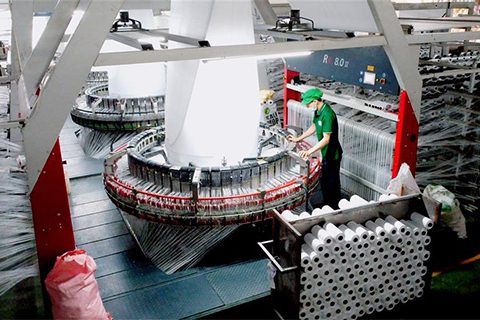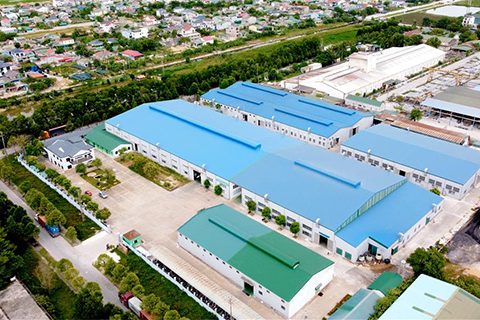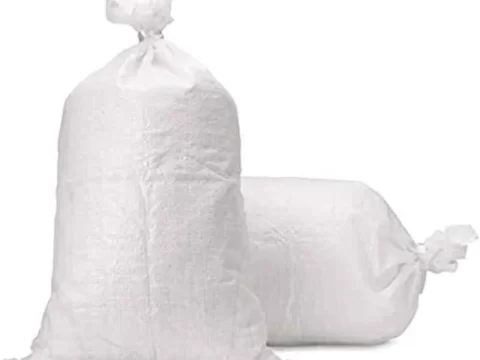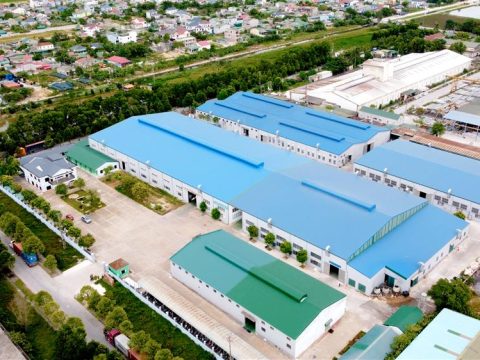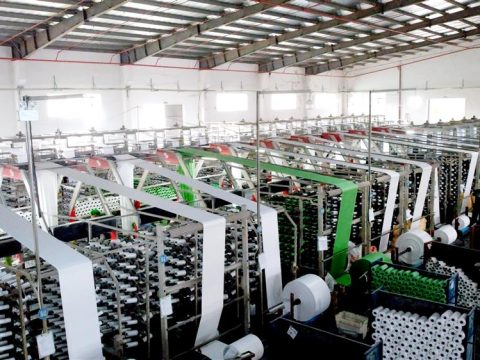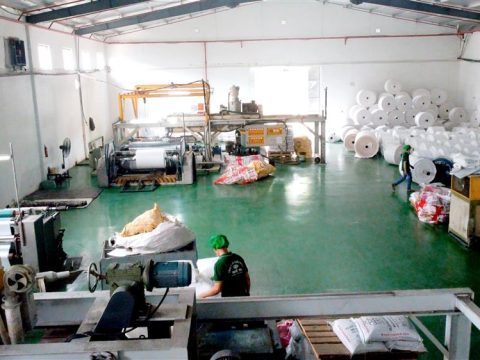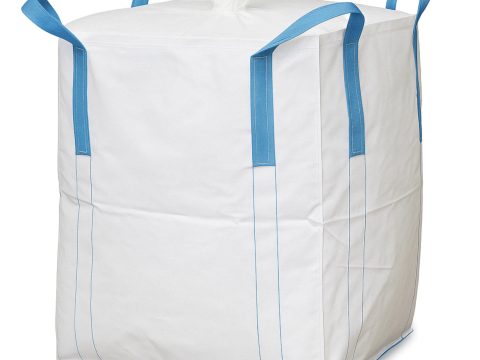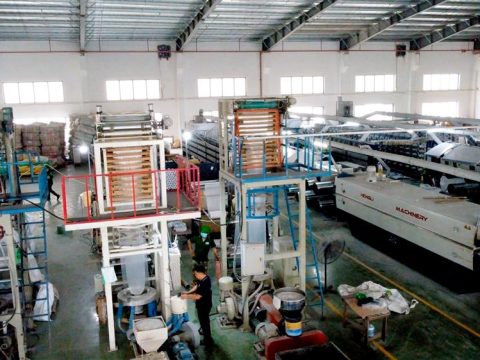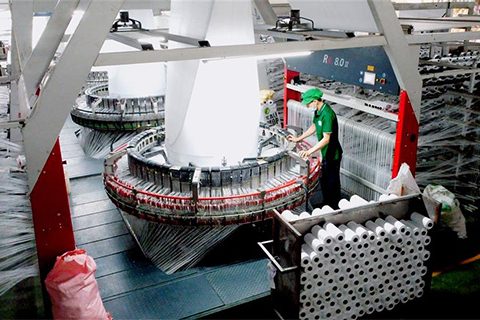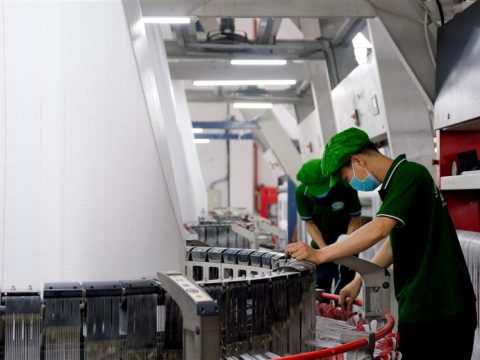Why Vietnam Is a Global Leader in FIBC Bag Manufacturing: A Strategic Advantage for Your Business
In the global supply chain, finding a reliable and cost-effective partner for industrial packaging is paramount. For businesses that rely on the safe and efficient transport of bulk materials, Flexible Intermediate Bulk Containers (FIBCs), also known as “jumbo bags” or “super sacks,” are a crucial solution. When it comes to manufacturing these essential products, one country has emerged as a powerhouse: Vietnam.
With its strategic location, a skilled workforce, and a commitment to quality, Vietnam FIBC bag manufacturing has become a top choice for international buyers. This article explores why Vietnam has cemented its position as a global leader in FIBC production and what this means for your procurement strategy.
The Vietnamese FIBC Bag Industry: A Competitive Edge
Vietnam’s rise in the FIBC market isn’t a coincidence. It’s the result of several key factors that provide a significant advantage over other manufacturing hubs.
- Cost-Effectiveness and Quality: Vietnam offers a highly competitive price point for FIBC bags without sacrificing quality. A lower cost of labor and efficient manufacturing processes allow Vietnamese producers to deliver high-quality products that meet stringent international standards, such as ISO 9001 and ISO 22000.
- Strategic Location and Logistics: Situated at the heart of Southeast Asia, Vietnam provides easy access to major shipping routes. This geographical advantage translates into reduced transit times and lower freight costs for businesses in North America, Europe, and other key markets.
- A Skilled and Dedicated Workforce: The Vietnamese workforce is known for its craftsmanship and attention to detail. This is particularly critical in the complex and precision-driven process of FIBC manufacturing, where everything from weaving to sewing must be executed flawlessly to ensure safety and durability.
The Manufacturing Process: Precision at Every Step
The production of a Vietnam FIBC bag is a multi-step process that combines advanced technology with meticulous quality control. Understanding this process highlights the level of expertise involved:
- Extrusion: High-quality polypropylene (PP) resin is melted and extruded into thin, high-tensile tapes. These tapes form the fundamental material for the bag.
- Weaving: The PP tapes are woven on circular or flat looms to create a strong, flexible fabric. The density of the weave is crucial for the bag’s strength and weight-bearing capacity.
- Lamination (Optional): For applications requiring moisture resistance, a lamination layer is applied. This ensures the bag can protect its contents from humidity or wet conditions.
- Cutting & Printing: The woven fabric is precision-cut into panels. At this stage, advanced flexographic printing machines apply company logos, safety instructions, and other crucial information to the bags.
- Sewing & Assembly: Skilled technicians meticulously sew together the fabric panels, lifting loops, and spouts using industrial sewing machines. This is the stage where the bag takes its final form and structural integrity is confirmed.
- Quality Control & Testing: Each finished bag undergoes rigorous quality assurance. This includes tests for tensile strength, bursting strength, and seam integrity to ensure every FIBC meets the required Safe Working Load (SWL).
Sustainability and Innovation in Vietnamese Production
The global shift towards more sustainable practices has not gone unnoticed in Vietnam’s FIBC industry. Manufacturers are increasingly adopting eco-friendly solutions to meet the demands of environmentally conscious buyers.
- Recycled Materials: A growing number of Vietnamese producers are incorporating recycled polypropylene into their bags, reducing the reliance on virgin plastics and lowering the overall carbon footprint.
- Reusable and Durable Designs: The focus is on creating bags that can be used multiple times, extending their lifecycle and minimizing waste.
- Customization for Efficiency: By offering custom sizes and designs, manufacturers help businesses optimize their packaging, reducing excess material usage and improving logistics.
Finding the Right Vietnam FIBC Bag Manufacturer
When sourcing your FIBC bags, partnering with an experienced and reputable Vietnam FIBC bag supplier is key to a smooth and successful procurement process. Look for manufacturers who:
- Demonstrate a strong commitment to international quality standards (ISO certification).
- Offer a wide range of FIBC types, including Type A, B, C, and D, as well as food-grade and UN-certified options.
- Can provide in-depth technical specifications and customization to meet your specific needs.
- Have a proven track record of successful exports to your target market.
In conclusion, Vietnam stands as a premier destination for FIBC bag manufacturing. Its blend of competitive pricing, high-quality production, strategic logistics, and a growing focus on sustainability makes it an ideal partner for businesses worldwide. By leveraging the expertise of a Vietnamese supplier, you can secure a reliable and cost-effective packaging solution that supports your company’s growth and global supply chain.
Contact NAPCO for best price, quality of PP woven bag and Bulk bag in Vietnam:
- Dien – Export Manager: +84 98 549 5345 (Whatsapp, Wechat, Line, Viber, Kakao talk)
- Email: Dien@napco.com.vn
- Website: https://vietnamjumbobag.com/, https://napco.com.vn/

